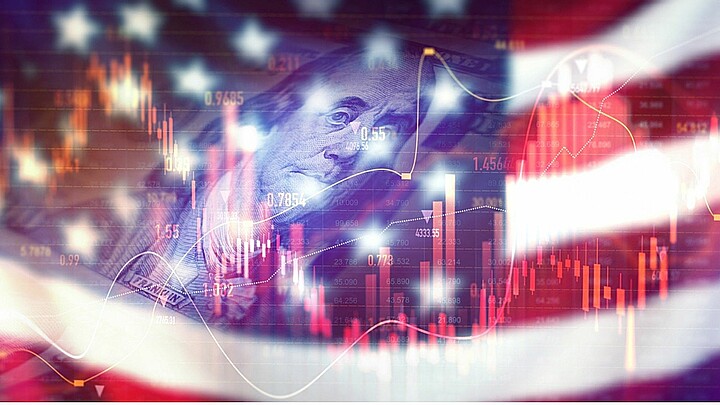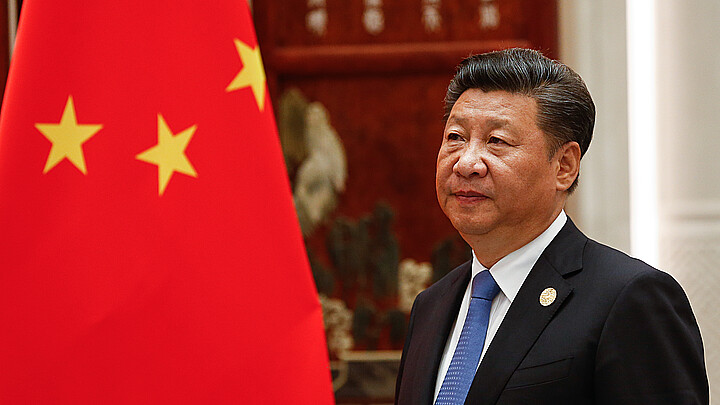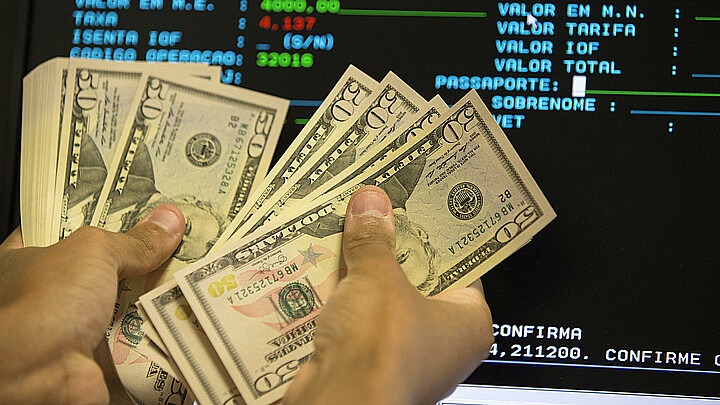Business
Tech billionaire Elon Musk believes upcoming recession is 'actually a good thing'
"All the Covid stay-at-home stuff has tricked people into thinking that you don’t actually need to work hard. Rude awakening inbound," Musk said
May 27, 2022 11:19am
Updated: May 27, 2022 11:19am
Tech billionaire Elon Musk – who has long predicted an economic downturn -- shocked the internet on Thursday evening by saying that the upcoming recession is “actually a good thing,” a necessary “rude awakening” after the lax economic regime implemented throughout the coronavirus pandemic.
On Wednesday, a Twitter user asked the Tesla CEO, “Do you think we’re approaching a recession?”
Yes, but this is actually a good thing. It has been raining money on fools for too long. Some bankruptcies need to happen.
— Elon Musk (@elonmusk) May 27, 2022
Also, all the Covid stay-at-home stuff has tricked people into thinking that you don’t actually need to work hard. Rude awakening inbound!
“Yes, but this is actually a good thing,” Musk tweeted back. “It has been raining money on fools for too long. Some bankruptcies need to happen.”
"Also, all the Covid stay-at-home stuff has tricked people into thinking that you don’t actually need to work hard," he added. "Rude awakening inbound!"
Another user took to Twitter to ask Musk how long he thought the upcoming recession would last.
"Based on past experience, about 12 to 18 months," Musk responded. "Companies that are inherently negative cash flow (ie value destroyers) need to die, so that they stop consuming resources."
According to a Fox Business report, the world’s largest asset manager – BlackRock – warned this week that the Fed’s decision to up interest rates in order to combat four-decades-high inflation could ultimately trigger a recession.
"The Fed's hawkish pivot has raised the risk that markets see rates staying in restrictive territory," the company revealed in a report. "The year-to-date selloff partly reflects this, yet we see no clear catalyst for a rebound. If they hike interest rates too much, they risk triggering a recession. If they tighten not enough, the risk becomes runaway inflation. It's tough to see a perfect outcome."










